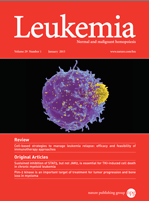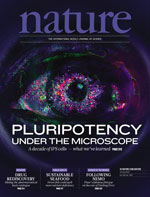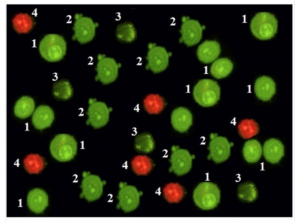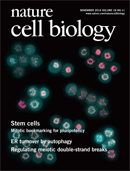 A Nature Cell Biology paper published only a few months ago by prominent researchers in Taiwan has sparked a heated discussion on PubPeer, which now includes a comment allegedly from an author saying they have requested its retraction.
A Nature Cell Biology paper published only a few months ago by prominent researchers in Taiwan has sparked a heated discussion on PubPeer, which now includes a comment allegedly from an author saying they have requested its retraction.
Although a representative of the journal wouldn’t confirm to us that the authors had requested a retraction, the comment on PubPeer says the paper contains several figures that were “inappropriately manipulated” by the first author.
Here’s the full comment on PubPeer, tagged as coming from one of the authors of the paper:
Continue reading Nature Cell Bio paper may be headed for retraction
 Nature Communications has issued an expression of concern for a 2014 paper by beleaguered surgeon
Nature Communications has issued an expression of concern for a 2014 paper by beleaguered surgeon 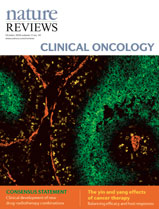
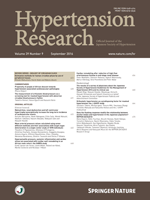 A second paper about a major randomized trial in Japanese patients with heart disease is being retracted, after an investigation reportedly found multiple problems with the paper.
A second paper about a major randomized trial in Japanese patients with heart disease is being retracted, after an investigation reportedly found multiple problems with the paper.